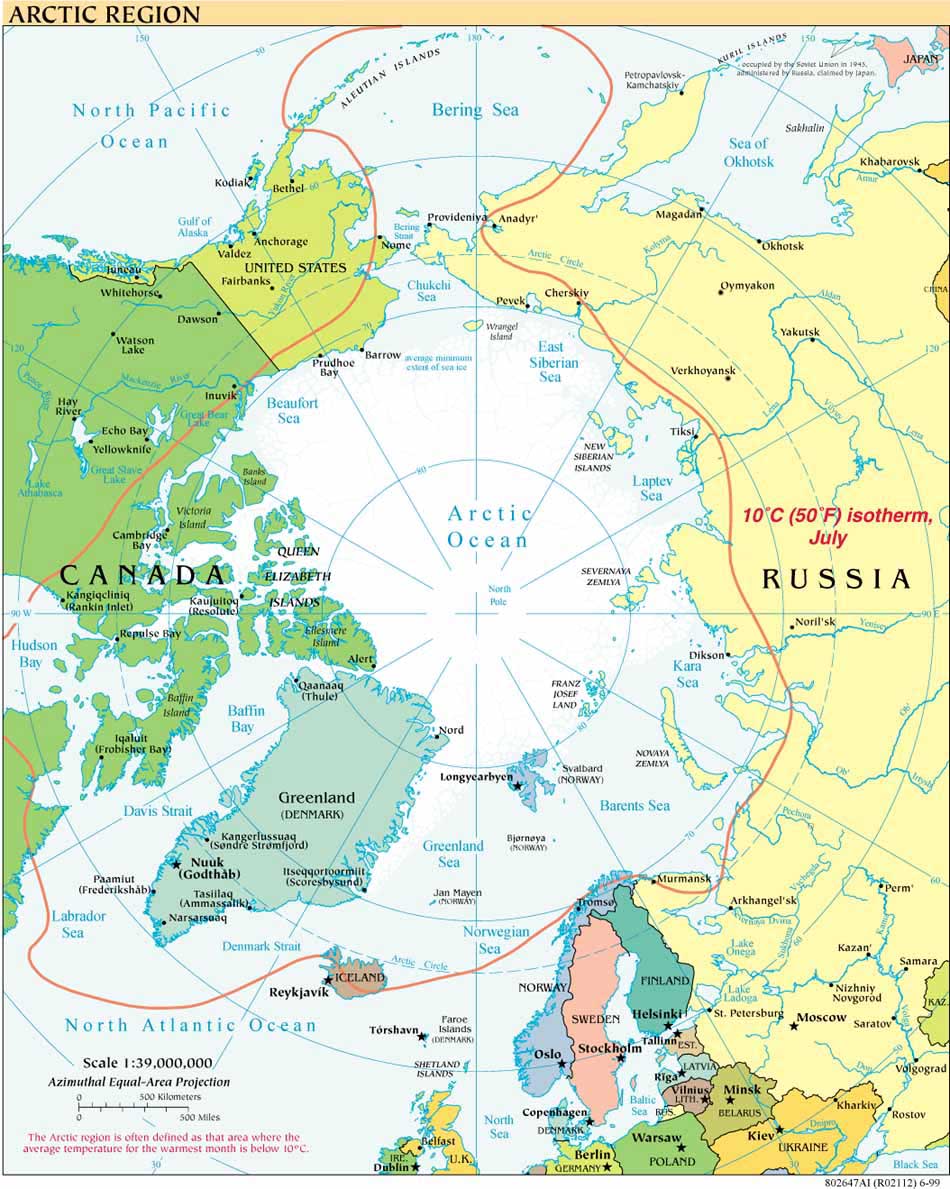At the 21st annual Meeting of States Parties to the Law of Sea Convention (SPLOS) this past week in New York, the workload of the Commission on the Limits of the Continental Shelf was on the agenda. Perhaps the most important observation on the work of the CLCS came from the Australian representative, who spoke of the value of "creating legal and jurisdictional certainty, in perpetuity, regarding the limits of a country’s continental shelf" (see full text of the Meetings Coverage here).
Legal and jurisdictional certainty is the expected outcome of every submission to the CLCS, whether the Arctic or any other part of the world. Legal and jurisdictional certainty, not conflict, is another message with which to respond to the misinformed or misleading publicists, scholars and practitioners who continue to raise (incorrectly) the alarum that states in the Arctic are locked in some sort of competition or race for resources as they map their extended continental shelves. They are not. Arctic Ocean coastal states are all, as I've stated before, following the same dry rules and procedures precisely so they can confirm with certainty the extent and limits of the continental shelf and, thus, the areas in which they have sovereign rights to explore and exploit the shelf's natural resources.
The CLCS has received 56 submissions as of April 29, 2011, the last three being from Denmark/Faroes, Bangladesh and Madascar, yet has adopted only 15 recommendations as of March 30, 2011. The Commission has also received preliminary information for 45 different shelf areas, adding to its backlog. The SPLOS meeting in New York allowed representatives to discuss varying scenarios for improving the Commission's ability to handle the large case load. The Acting Chairperson of the CLCS is Harald Brekke of Norway.



